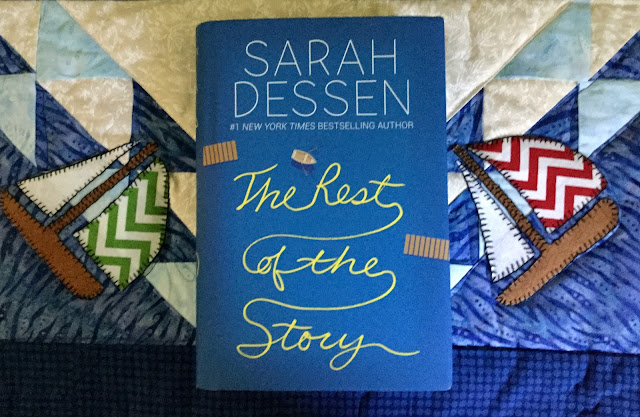I don't think there's a bushel big enough to hide the Knowing. It keeps getting bigger and stronger, like a storm cloud before it grows into a tornado. I've spent most of my life holding it by the tail.~from This I Know by Eldonna EdwardsIn 1969, eleven-year-old Grace is heir to special abilities that allows her to know things others cannot perceive.
She communes with her twin brother who died at birth, warns about impending crises, and healed a newborn sister's heart. It has been an unwanted gift passed down through her mother's family--until now. Grace stands up for the goodness of her insight.
Grace's mother is suffering postpartum depression, her eldest daughter taking on her tasks. Grace's father is a non-denominational church pastor with a nominal salary that requires his taking part-time jobs. He does not trust that Grace's gift is godly and commands her to turn from the Knowing.
Grace's life in Cherry Hill along Lake Michigan is filled with the beauty of nature and the suspicion of townsfolk. She befriends a drifter and is taken up by the daughter of hippies. On the verge of becoming a woman, Grace must make the decision to bend to her father's will or suffer rejection and isolation.
Grace's enchanting voice captures the innocence of childhood coming to an end.
I have not read many books with pastors and pastor's kids as main characters. Immersion baptism at the lake, communion and worship services are a part of Grace's life. Edwards, a PK herself, captures the experience.
I got a kick out of "Daddy's talking about idols and graven images, but all I hear is blah, blah, blah." Or about Vacation Bible School, "I think most of the parents send their kids to get rid of them for a while because they're bored and sick of each other."
Grace turns to her predeceased twin Isaac to help her understand the big questions, particularly the nature of God and the source of evil in the world. It is the perennial struggle for people of faith. If God is good, why is there evil and suffering in the world? If God is all powerful, why does he allow it?
Grace's friend Lola introduces alternative lifestyles, a freedom from social conventions. Grace is able to accept people for who they are, to see their goodness.
Edwards has given readers a sympathetic character in a vivid setting on a journey of self-realization, standing up to a narrow world view.
I received a free book from the author through an American Historical Fiction Facebook Group giveaway. My review is fair and unbiased.
This I Know
by Eldonna Edwards
Kensington
$15.95 paperback
ISBN: 9781496712875











